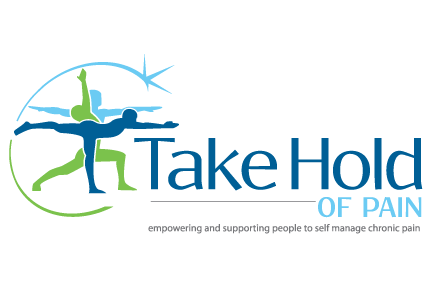Dear Doctor,
Please find below some suggested principles upon which our
relationship could be based:
Communication/goals: The giving and sharing of information. Let’s
work as a team. Together, we can go on a journey which includes communicating,
listening and doing all within our power to achieve a common goal. While this
goal might be different for each patient you have, surely an over aching goal
for all patients is to have an optimum level of health. Let us both be clear. I
know you may not be able to take my pain away but I want us both to work
towards optimising health.
Solutions-focused: I want a sustainable, long term solution.
There are many options available to manage chronic pain and I want us to work
through these together. When an option is not working, for example the long
term use of pain medications, we need to find an alternative, which may include
a non-pharmaceutical approach. I would
like all options to be considerate of the end goal (optimising wellness) and
therefore we need to consider lifestyle factors, side effects and not focus solely
on masking symptoms.
Shared empathy: A good relationship is built on each member
of the party having a good understanding of what the other member is going
through. We can both actively attempt to put ourselves in the others shoes. For
you, this might mean finding the underlying problem behind the symptoms
presented. I understand you may never have personally experienced chronic pain.
Please, go ahead and use a little imagination or rely on the many other patient
experiences you have been presented with. I want to be heard and understood.
And often it is the real and debilitating impact of my symptoms that I would
like you to understand. For example, constant tiredness may be a symptom but
imagine the impact of that on your lifestyle...disconnection from social
engagements and family commitments, isolation, guilt and a lack of purpose or
sense of helplessness. For me as the patient, empathy might mean walking into
our consultation with a realistic perspective of your background and
experience. I realise that you are taught to know a little about a lot of
conditions and you cannot be expected to know everything. I also appreciate you
are time strapped and under pressure to see patients for a very limited time.
Team work: This is where I believe a really good team
operates most effectively. All parties feel empowered and work together without
a feeling of being told what to do or following along without the option for
input and involvement. I would hope that you can give me adequate information about
options for self management. I realise
that you may be able to assist with some of the physical pain but much of the
responsibility to manage the additional suffering (emotional, stress and
lifestyle factors) comes from responsible choices I need to make. I want you to support and encourage me to make
those choices.
Finally, this is NOT
what I would like our relationship to be:
-
Half an ear listening to my story, a quick scribble on your prescription pad and a gentle shove out the door without a second thought.
- A sense that my story is not being believed or understood.
- Me submitting all my power to you to take my pain away and/or find me a miracle cure (because I know this is unrealistic and unfair to our relationship).
So that said, let’s get moving....
I would love to know your thoughts and experiences...Just so
you know, I wrote this blogpost based on a recent request by Chronic Pain
Australia for feedback for doctors from consumers living with chronic pain. Many
of the responses were negative towards GPs and their lack of understanding. I was inspired to write this based on my positive
relationship with my own GP. He helped me to become my own health champion and
self manage my chronic pain. Without his insight and understanding (and without
his life-changing referral to a self pain management clinic), I would never
have reached the levels of health and wellbeing I have today. So I would like to say a big "Thank You" to him. You know who you are!


